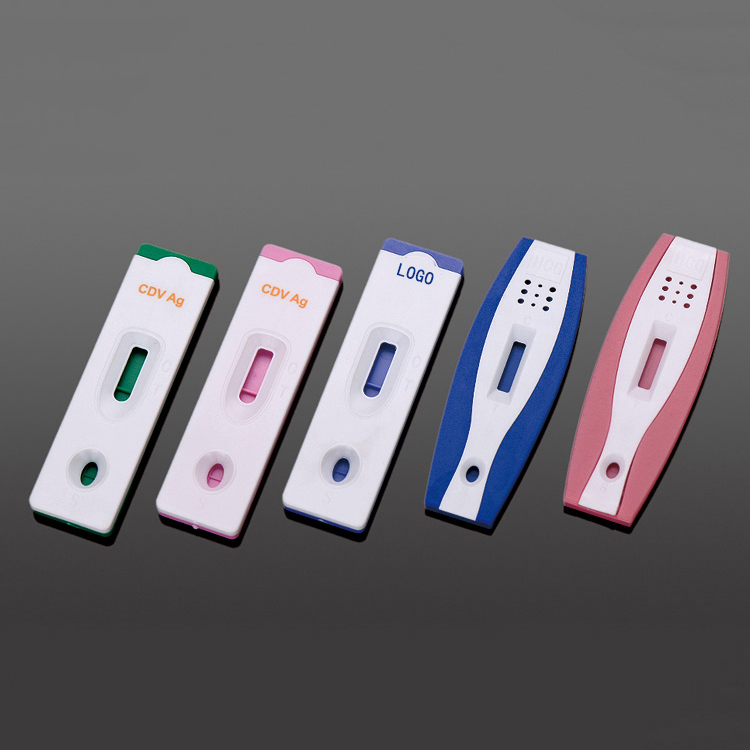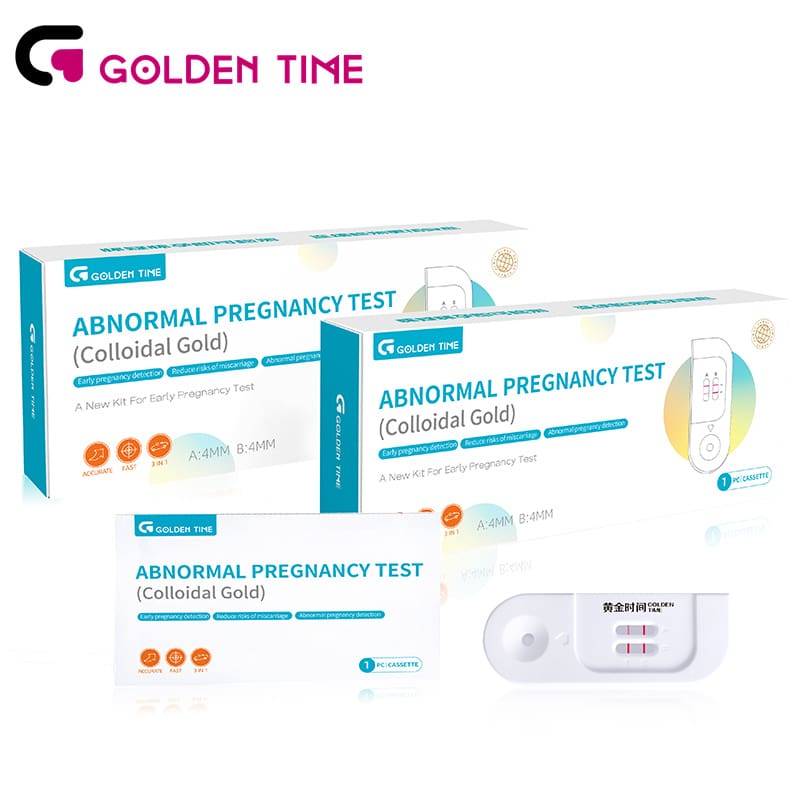Feb . 08, 2025 01:22 Back to list
at home h pylori test
Navigating the world of home health testing can be daunting, particularly when it comes to detecting bacterial infections like Helicobacter pylori (H. pylori). As a bacterium commonly linked to stomach ulcers, gastritis, and even an increased risk of stomach cancer, identifying its presence early is crucial. Recent advancements now allow individuals to conduct H. pylori tests conveniently at home, but understanding their efficacy and reliability is essential. Here's a comprehensive guide to home H. pylori testing, emphasizing the elements of experience, expertise, authoritativeness, and trustworthiness.
Professional guidance can also provide insight into interpreting results with expertise. For instance, if you have peptic ulcer symptoms but receive a negative test result, it is still crucial to follow up with a doctor. There could be other underlying issues contributing to your symptoms that require different interventions. Many users report positive experiences with at-home H. pylori testing due to its ease and privacy compared to traditional medical tests. Testimonials from verified buyers of reputable testing kits often highlight the convenience of avoiding doctor's office wait times and the rapid return of results. However, it’s vital that experiences shared online are from credible sources, such as healthcare forums or retailer websites with verified purchase status, to ensure authoritativeness. The rising availability of at-home health tests is undoubtedly transforming how patients engage with their own health care. Yet, the core of effective self-testing remains in the responsible use of information and results. The presence of an active digital community discussing home H. pylori testing underscores its increasing popularity and contributes to a shared knowledge base, aiding users in making informed decisions. In summary, while at-home H. pylori tests can serve as a valuable preliminary check for an existing infection, they do not replace professional medical advice and diagnostics. Ensure thorough research and consider tests backed by credible endorsements. By merging the convenience of self-testing with the reliability of professional healthcare support, individuals can manage their gastrointestinal health with greater efficacy and confidence.


Professional guidance can also provide insight into interpreting results with expertise. For instance, if you have peptic ulcer symptoms but receive a negative test result, it is still crucial to follow up with a doctor. There could be other underlying issues contributing to your symptoms that require different interventions. Many users report positive experiences with at-home H. pylori testing due to its ease and privacy compared to traditional medical tests. Testimonials from verified buyers of reputable testing kits often highlight the convenience of avoiding doctor's office wait times and the rapid return of results. However, it’s vital that experiences shared online are from credible sources, such as healthcare forums or retailer websites with verified purchase status, to ensure authoritativeness. The rising availability of at-home health tests is undoubtedly transforming how patients engage with their own health care. Yet, the core of effective self-testing remains in the responsible use of information and results. The presence of an active digital community discussing home H. pylori testing underscores its increasing popularity and contributes to a shared knowledge base, aiding users in making informed decisions. In summary, while at-home H. pylori tests can serve as a valuable preliminary check for an existing infection, they do not replace professional medical advice and diagnostics. Ensure thorough research and consider tests backed by credible endorsements. By merging the convenience of self-testing with the reliability of professional healthcare support, individuals can manage their gastrointestinal health with greater efficacy and confidence.
Latest news
-
Malaria Pf Ag Rapid Test Kit - Quick & Accurate Detection
NewsAug.11,2025
-
Accurate Cardiac Marker CK-MB Rapid Test for Quick Results
NewsAug.10,2025
-
Premium Empty ABS Plastic Cassette for Test Strips
NewsAug.09,2025
-
Sterile Urine Cup: Accurate Specimen Collection for Labs & Home
NewsAug.08,2025
-
Malaria Pf/Pan Ag Rapid Test Kit for Fast, Accurate Diagnosis
NewsAug.07,2025
-
Rapid Canine Corona Test: Fast & Accurate Results
NewsAug.06,2025

